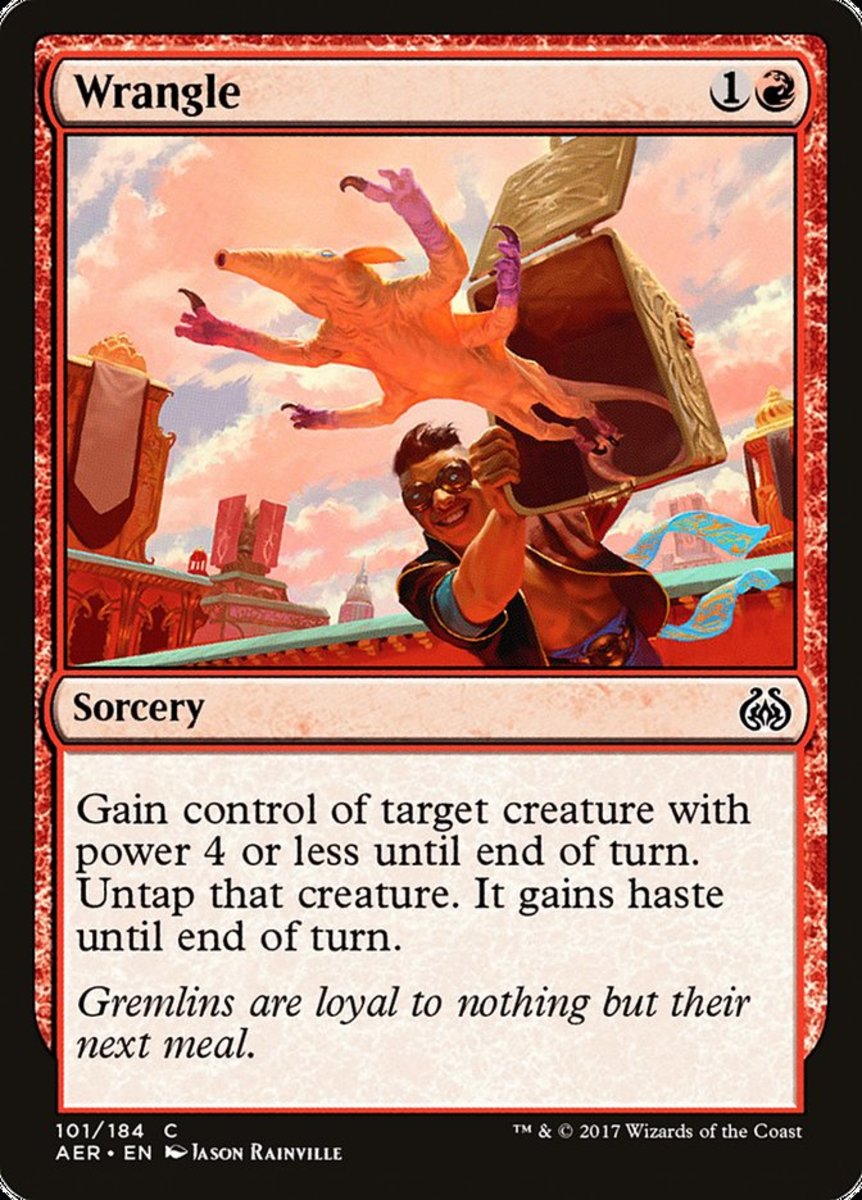
If a minor violation is quickly handled by the players to their mutual satisfaction, a judge does not need to intervene. Penalties are also for the deterrence and education of every other player in the event and are also used to track player behavior over time. This is done through both an explanation of where the rules or policies were violated and a penalty to reinforce the education. The purpose of a penalty is to educate the player not to make similar mistakes in the future. Knowledge of a player’s history or skill does not alter an infraction, but it may be taken into account during an investigation.

Judges may intervene to prevent or preempt errors occurring outside of a game. Judges don’t stop play errors from occurring, but instead deal with errors that have occurred, penalize those who violate rules or policy, and promote fair play and sporting conduct by example and diplomacy. A judge shouldn’t intervene in a game unless he or she believes a rules violation has occurred, a player with a concern or question requests assistance, or the judge wishes to prevent a situation from escalating. GENERAL PHILOSOPHY Judges are neutral arbiters and enforcers of policy and rules. CR: 803: Attack Left and Attack Right Options.CR: 802: Attack Multiple Players Option.CR: 801: Limited Range of Influence Option.CR: 707: Face-Down Spells and Permanents.CR: 616: Interaction of Replacement and/or Prevention Effects.



 0 kommentar(er)
0 kommentar(er)
